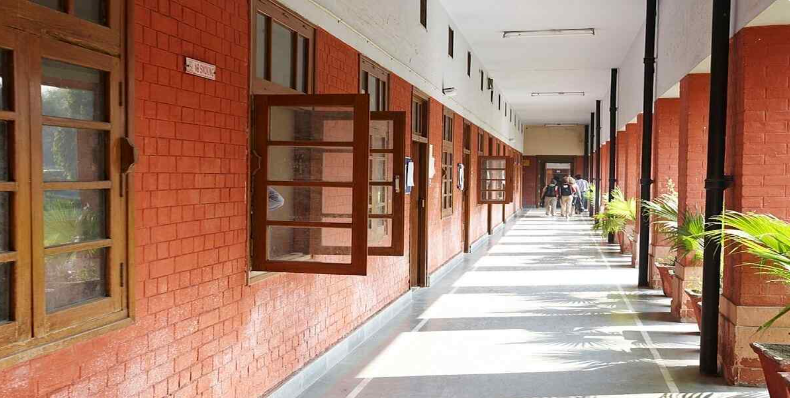Pros and Cons of Pursuing Engineering after 12th Grade

Pros and Cons of Pursuing Engineering after 12th Grade

Choosing a career path after 12th grade can be daunting. With so many options available, it can be challenging to make a decision. One popular choice is engineering. Engineering is a diverse field that offers numerous opportunities for growth and development. However, like any career choice, there are both pros and cons to pursuing engineering after 12th grade. In this article, we will explore the advantages and disadvantages of choosing a career in engineering. Top Engineering Colleges in India

Let’s discuss the Pros and cons of Pursuing Engineering after 12th Grade one by one.

Also, read Top Engineering Colleges in India NIRF
Which specific engineering degree would be most suitable for me?
If you’re thinking of pursuing an engineering degree, before evaluating the pros and cons of pursuing engineering student must have to figure out which field is interested in. For example, if you love tinkering with machines and figuring out how things work, mechanical engineering might be your thing. On the other hand, if you’re into circuits and electricity, electrical engineering might be more your speed. It’s also important to consider what kind of job you’d like to have after you graduate. If you’re keen on working in the automotive industry, you should pick a degree that aligns with that. Ultimately, it’s all about finding the right fit for you and your career aspirations!

What are the typical salary ranges, work hours, and benefits that come with an engineering job?
When studying the pros and cons of pursuing engineering after 12 grade, answering this question is necessary. Salary ranges for engineering jobs can vary depending on the type of engineering, level of experience, and location. On average, though, engineers tend to earn higher salaries than the national average.
In terms of work hours, most engineering jobs typically require full-time hours and after the pandemic works from home culture has been a regular practice. Engineers may also work irregular hours, especially during project deadlines or emergencies.
When it comes to benefits, many engineering jobs offer comprehensive packages that can include health insurance, retirement plans, and paid time off. The exact benefits will vary depending on the employer, industry, company and most important the candidate’s skills and knowledge.


Conclusion
To sum up, like every coin has both sides likewise there are pros and cons to pursuing engineering after 12th grade. It is crucial to consider all of these pros and cons of pursuing engineering before making a decision. If you are passionate about problem-solving, enjoy challenging coursework, and are willing to invest time and effort into your education, then pursuing engineering may be an excellent choice for you.
However, if you are more interested in creative expression or have concerns about the rigour of the coursework, then you may want to consider other career options. Ultimately, the decision to pursue engineering should be based on the pros and cons of pursuing engineering and your interests, skills, and long-term career goals.

Meet Tanu Bhatnagar, an educational expert with extensive experience in teaching, research and mentoring.With a decade in education and research, Tanu combines academic expertise with engaging storytelling. Her research background ensures every article is well-researched and insightful. Beyond textbooks, Tanu's expertise spans writing, exam preparation, economic trends, and global education, delving into the realms of spiritual awakening. This diverse perspective shines through in his writing, offering a fresh take on education. Join Tanu and CollegeChalo for an enriching learning adventure, where his passion ignites yours, and his words light your way.








